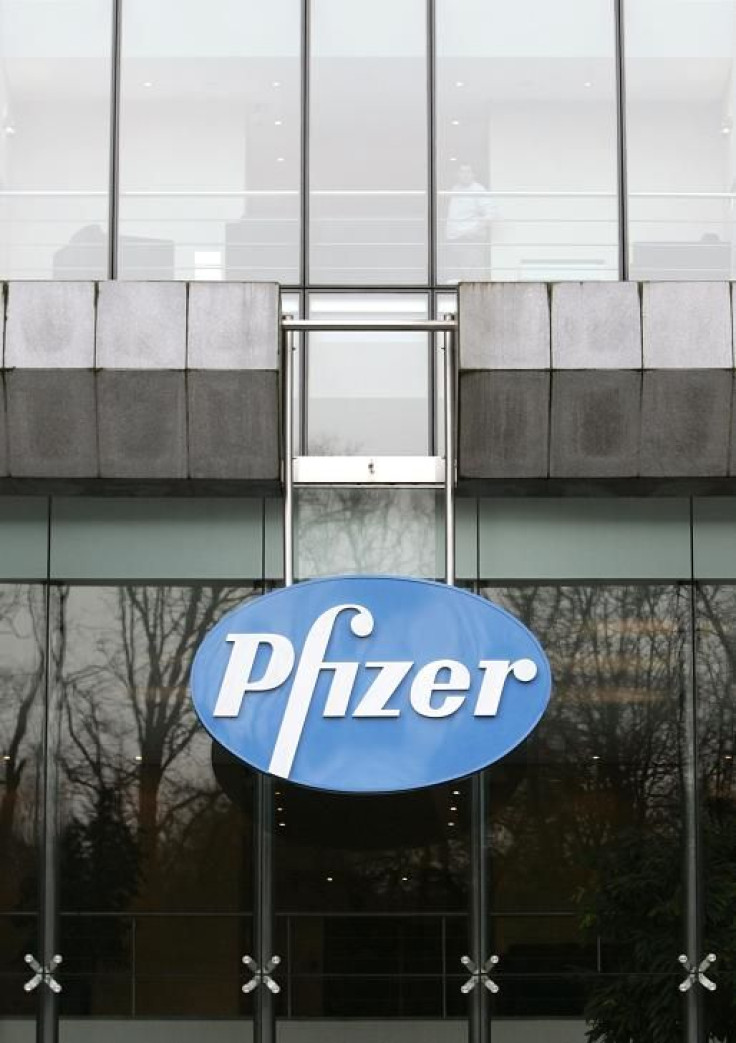European Regulators Reject Xeljanz, Pfizer's New Arthritis Drug

Pfizer expected its latest rheumatoid arthritis medication to sail through the European approvement process. The company was surprised to find that the European Medicines Agency's Committee for Medicinal Products for Human Use, CHMP, rejected the drug, stating that it is simply not effective enough to merit approval.
Xeljanz — also known as tofacitinib — has been available in the US since November 2012, when it was approved by the Food and Drug Administritation. It is considered one of Pfizer's top new productsm and costs $2,055 a month wholesale.
The drug works by inhibiting an enzyme in the immune system that can cause symptoms of rheumatoid arthritis (RA) to flare up. In clinical trials, it was shown to be a successful treatment option for RA patients who had not responded to DMARD treatment — disease-modifying antirheumatic drugs. DMARDs are typically the first line and best treatment option for RA.
According to Bloomberg, the CHMP stated that although the drug improved symptoms, it did not do enough to slow down joint damage or reduce the disease's long-term effects on the body. In addition, the committee expressed concerns over side effects.
Xeljanz did run into some trouble during its initial trials. In April 2011, four people died after beginning taking the drug during trials, although Pfizer claims that only one of the four deaths was connected to the drug. The drug is sold with a black-box warning warning that they are at a higher risk of infections, tuberculosis, cancers, and lymphoma.
"Pfizer intends to appeal this opinion and immediately seek a re-examination of the opinion by the CHMP," the company said following the decision.



























